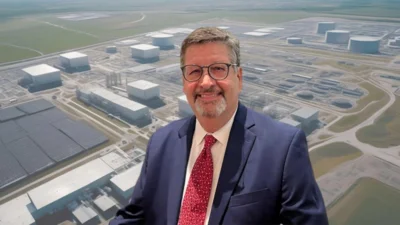Texas Agriculture Commissioner, Sid Miller, has publicly announced his opposition to the importation of beef from Paraguay. He expressed his concerns about the wellbeing of America and claimed that Paraguayan beef does not meet the country's needs.
Miller said, "Today, I joined fellow state agriculture leaders to express strong opposition to importing beef from Paraguay." He further added, "Texas leads the nation in cattle and is a major player in agricultural trade," emphasizing the importance of protecting American consumers and livestock. The Commissioner concluded by stating, "We are calling on Secretary Vilsack to pause the implementation of this rule until a more reliable risk assessment can be completed."
The Texas Nationalist Movement News reported that Miller's stance is driven by concerns for other sectors of Texas's industries, including its cattle industry. As a significant contributor to America's economy with an impressive $16 billion in revenue from cattle production alone, Texas leads the nation in this sector. Concerns about Paraguayan beef have been voiced not only by Texas but also by Wyoming, South Dakota, and several other states.
Iowa Agriculture highlighted that Miller remains firm in his opinion. In a letter addressed to Secretary Vilsack, he expressed concern about foot-and-mouth disease (FMD) affecting livestock. His apprehension stems from past incidents where Paraguay was affected by FMD leading to historical prohibitions on beef imports from the country. The United States Department of Agriculture (USDA) last visited Paraguay in December 2008 and July 2014. Miller emphasized that this disease poses a significant threat given that the United States is the world's largest contributor of beef.
According to Iowa Agriculture, Miller ended his statement expressing discomfort over potential risks to America's food supply chain. He argued that if FMD were to break out again, it could significantly impact America's economy in terms of growth and industry. Miller asserted that "the U.S. should not open our markets to potentially unsafe actors and jeopardize the herd health and livelihood of American farmers until a more up-to-date risk assessment is conducted in Paraguay."








